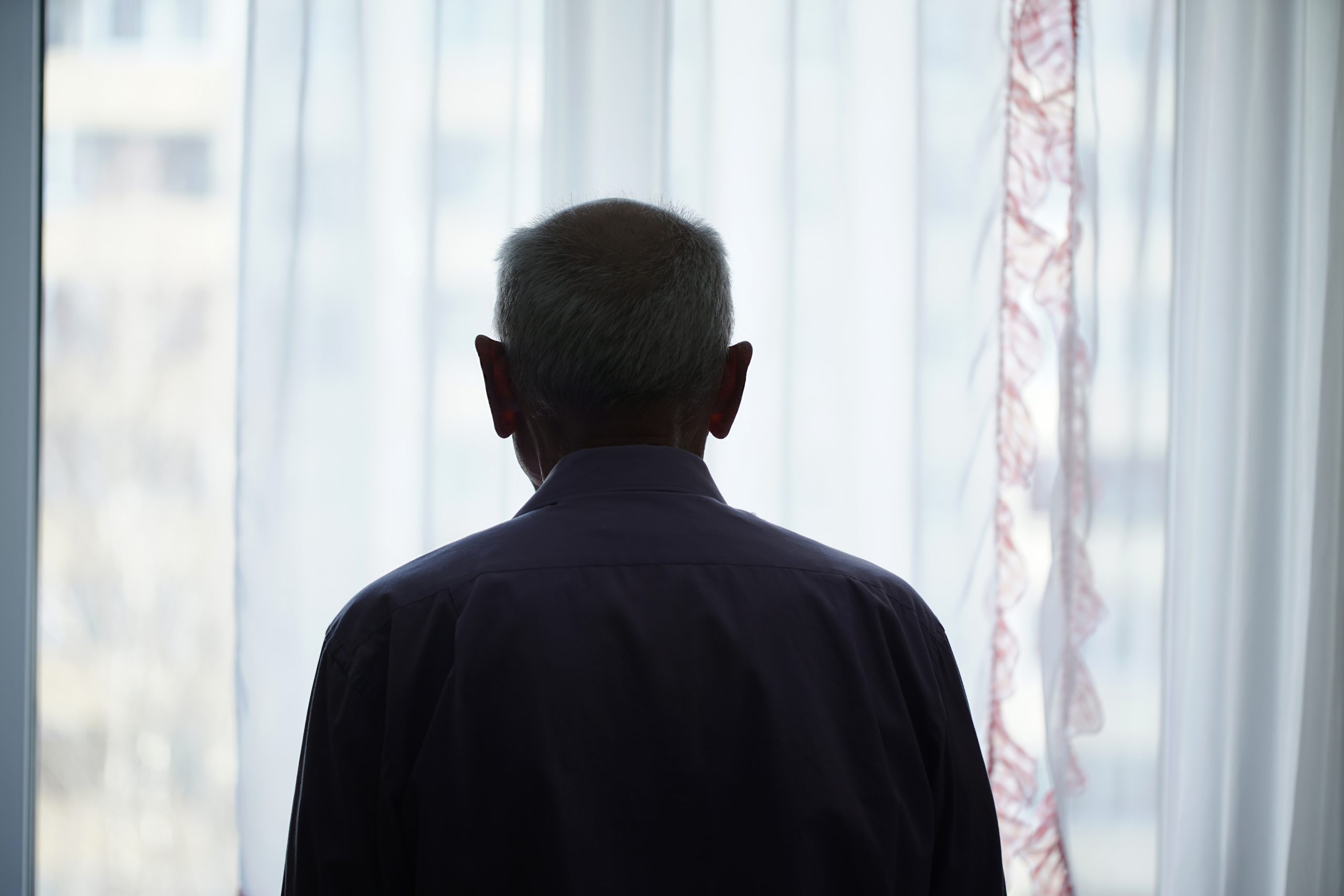Loneliness and Social Isolation Linked to Serious Health Conditions

By Harry S. Jacob, MD
Internal Medicine, Primary PartnerCare Physicians, PLLC
Date: March 20, 2024
During the COVID pandemic, a greater emphasis was placed on the impact of isolation on our health, both physical and mental. As physicians, we are acutely aware that loneliness and social isolation in older adults are serious public health risks impacting a large number of people in the United States and putting them at risk for dementia and other serious medical conditions. The question is — do we incorporate these questions into our day-to-day patient visits? A report from the National Academies of Sciences, Engineering , and Medicine (NASEM) points out that more than one-third of adults aged 45 and older feel lonely, and nearly one-fourth of adults aged 65 and older are considered to be socially isolated. Older adults are at increased risk because they are more likely to face factors such as living alone, the loss of family or friends, isolation after retirement, loss of purpose as children start their own lives, and medical conditions such as hearing loss.
As medical professionals, it is critical that we understand these issues and speak openly about them with our patients. Loneliness and social isolation are often confused with each other but are very different. Loneliness is the feeling of being alone, regardless of the amount of social contact. Social isolation is a lack of social connections. Social isolation can lead to loneliness in some people, while others can feel lonely without being socially isolated.
We often speak of “whole person” care as opposed to treating the disease or the condition, and this is a great example of the importance of speaking with our patients and really listening to what they are saying (or not saying). We can develop a brilliant treatment plan but without understanding the motivation and support systems available to our patient and their motivation to actually follow-through, our brilliant treatment plan is not very valuable. I encourage all of us to take a few extra minutes to actively listen to our patients as people, and to understand the challenges they face after they leave our offices. Patients, please share how you are feeling, including any feelings of isolation, loneliness or indifference. As your doctor, we really do need to know.
